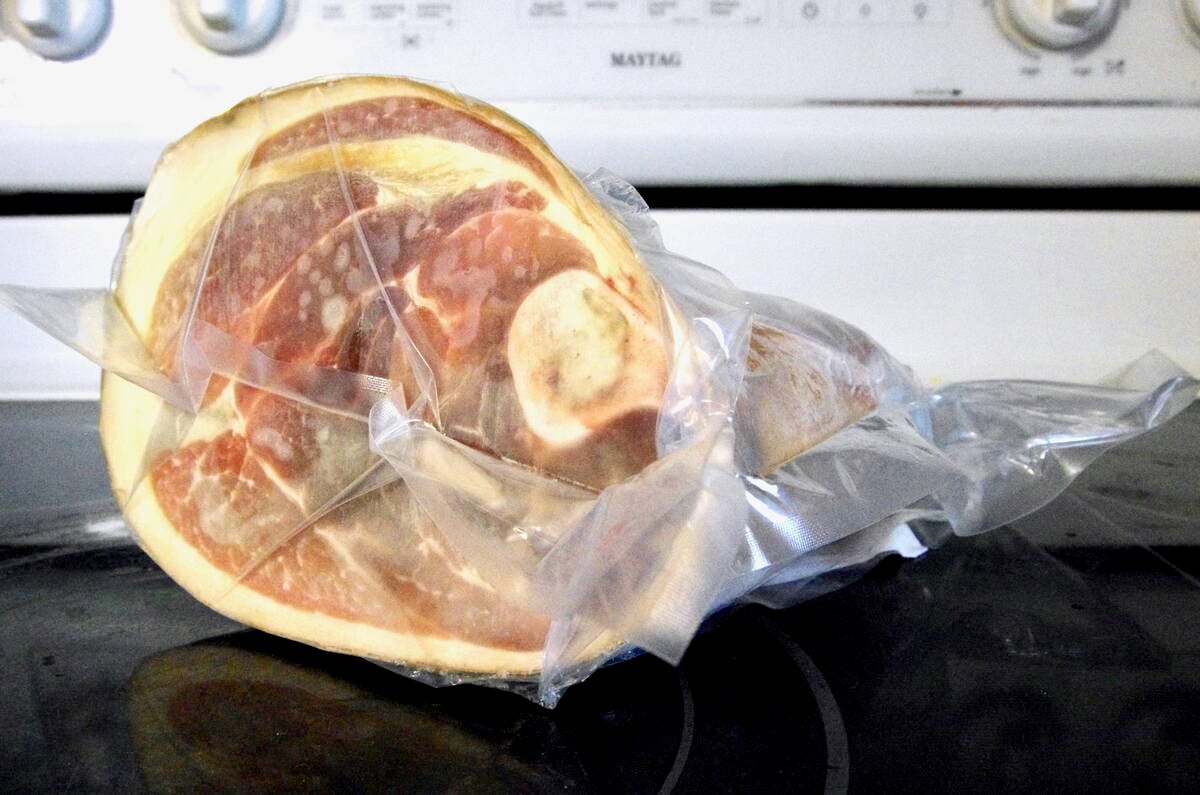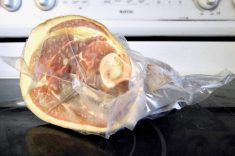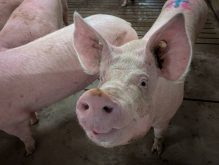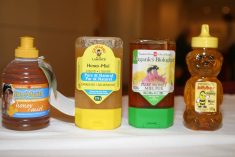“Those people who were laughing about Jersey-Dexter crosses, aren’t laughing now.”
Edmonton-area entrepreneur Bruno Wiskel has tried a lot of enterprises on his tiny half section of farmland – and some of them have failed.
“But the point is, we tried,” he told participants in the Mani toba Grazing School recently. “The thing about farming is, if you don’t try these things, you’ll never know.”
He said his neighbours laughed when he started out with the idea that he would produce a specialized beef cross – Jersey-Dexter – to produce smaller cuts of beef for niche markets. His is one of two cattle operations left in his area. “Those people who were laughing about Jersey-Dexter crosses, aren’t laughing now.”
Read Also

MANITOBA AG DAYS: Unmoved China tariffs worrying for Manitoba pork
Manitoba pork producers and Agriculture Minister Ron Kostyshyn have both noted lack of progress on Chinese tariffs on pork.
Billing himself as “The Prosperous Farmer,” Wiskel says he turned a farm that made $30,000 a year into one that makes $30,000 per month through diversified production and marketing strategies that cater to consumers who are willing to pay for specialized farm products and services. He also writes books and does motivational speaking.
“It always starts with an idea,” he said. “But I’m saying you must do things differently; thinking about things is meaningless.”
Every product on his farm, which produces fruit, vegetables, meat, bedding products, and lumber is positioned in the marketplace to extract maximum value, he said. His aim is to sell everything the farm produces for $2 per pound, whether it is strawberries, potatoes or ground beef.
“Bruno’s law of marketing is, for every adjective you put in front of the product, you add 20 per cent,” he said.
While his competition in the fresh potato market was able to compete at a lower price with higher volumes of washed potatoes, Wiskel purposely left the dirt on his spuds and claimed that demonstrated they were fresh stock.
Straw sold in big round bales might only fetch $35 per bale, whereas his Mr. V’s Premium Pet Straw sells for $6 per small square. While some in the farming community might consider that gouging, Wiskel noted pet bedding sold in small bags in pet stores sells for much more. He said one customer drove out from Edmonton, looked at the bale, looked at the price, handed him $10 and told him to keep the change.
Wiskel said farmers need to focus on meeting their intellectual and spiritual needs in addition to making a living on their farms. That means finding a business strategy that allows those qualities to be expressed. “I never want to get used to the joy of living where we live,” he said.

















